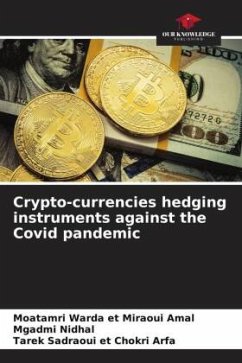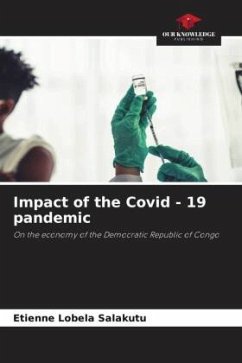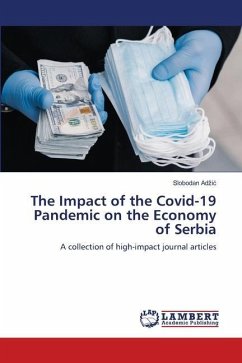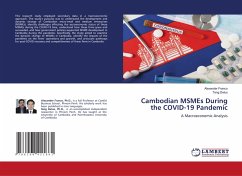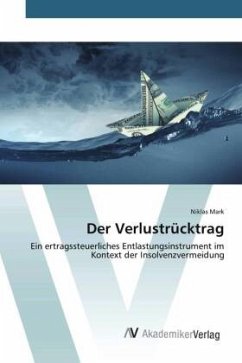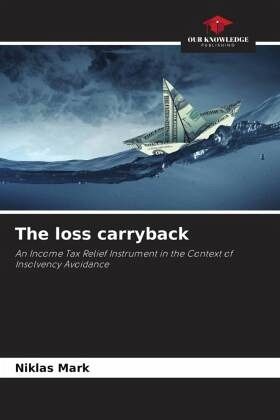
The loss carryback
An Income Tax Relief Instrument in the Context of Insolvency Avoidance
Versandkostenfrei!
Versandfertig in 6-10 Tagen
29,99 €
inkl. MwSt.

PAYBACK Punkte
15 °P sammeln!
In the wake of the effects of the Covid 19 pandemic, a number of income tax relief measures were enacted in Austria to cushion severe economic consequences from the lockdown measures. Among other things, the Economic Stimulus Act 2020 introduced a temporary loss carryback into the Income Tax Act for this purpose. Compared to the loss carryforward, the loss carryback carries back a loss to a previous period. This loss (retroactively) reduces the tax base on which tax has already been paid. This process triggers a tax credit, so that liquid funds are generated.This paper deals with the extent to...
In the wake of the effects of the Covid 19 pandemic, a number of income tax relief measures were enacted in Austria to cushion severe economic consequences from the lockdown measures. Among other things, the Economic Stimulus Act 2020 introduced a temporary loss carryback into the Income Tax Act for this purpose. Compared to the loss carryforward, the loss carryback carries back a loss to a previous period. This loss (retroactively) reduces the tax base on which tax has already been paid. This process triggers a tax credit, so that liquid funds are generated.This paper deals with the extent to which the release of liquidity could theoretically prevent insolvency. A binomial model is used to simulate several periods under different initial situations in order to assess the effect of the loss carryback in any scenario.




